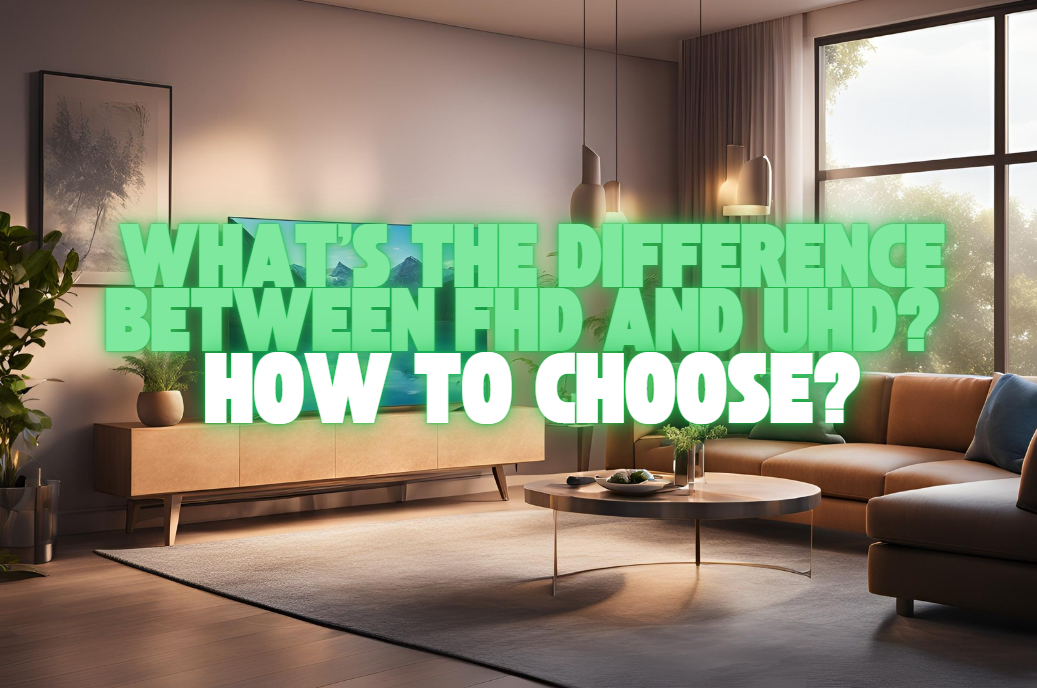What is JVC
Victor Company of Japan, Ltd (日本ビクター株式会社 Nippon Bikutā Kabushiki-gaisha), usually referred to as JVC, is a Japanese international consumer and professional electronics corporation based in Yokohama, Japan. Founded in 1927, the company is best known for introducing Japan’s first televisions, and for developing the Video Home System (VHS) video recorder.
JVC is a leading developer and manufacturer of sophisticated audio and video products that use superior technologies to deliver high quality sound and images.
In consumer products, JVC offers high definition displays and home theater projectors, digital video camcorders, home theater systems, audio components and systems, portable audio products, digital storage devices, audio and video accessories and car audio/video products.
An innovator throughout the analog age, exemplified by the JVC-developed VHS videocassette format, JVC has demonstrated the same innovative flair in the digital age. From our acclaimed home theater projectors to our ground-breaking Everio digital camcorders, JVC continues to offer a succession of distinctive products that deliver sound and images with the power to move people.
In addition to consumer products, JVC offers professional electronics products and distributes a complete line of broadcast, professional, presentation and security equipment. These include cameras, professional camcorders, DVD recorders, high definition monitors, editing equipment, video/data projectors, video data recorders, storage systems and video security products.
Since 1927 the JVC brand name has been associated with the very best in audio and video technology, and that continues to this day.
VHS
The Video Home System (better known by its abbreviation VHS) is a consumer-level analog recording videotape-based cassette standard developed by Victor Company of Japan (JVC).
The 1970s was a period when video recording became a major contributor to the television industry. Like many other technological innovations, each of several companies made an attempt to produce a television recording standard that the majority of the world would embrace. At the peak of it all, the home video industry was caught up in a series of videotape format wars. Two of the formats, VHS and Betamax, received the most media exposure. VHS would eventually win the war, and therefore succeed as the dominant home video format, lasting throughout the tape format period.
In later years, optical disc formats began to offer better quality than video tape. The earliest of these formats, Laserdisc, was not widely adopted, but the subsequent DVD format eventually did achieve mass acceptance and replaced VHS as the preferred method of distribution after 2000.
You May Also Interest in
No related article
























